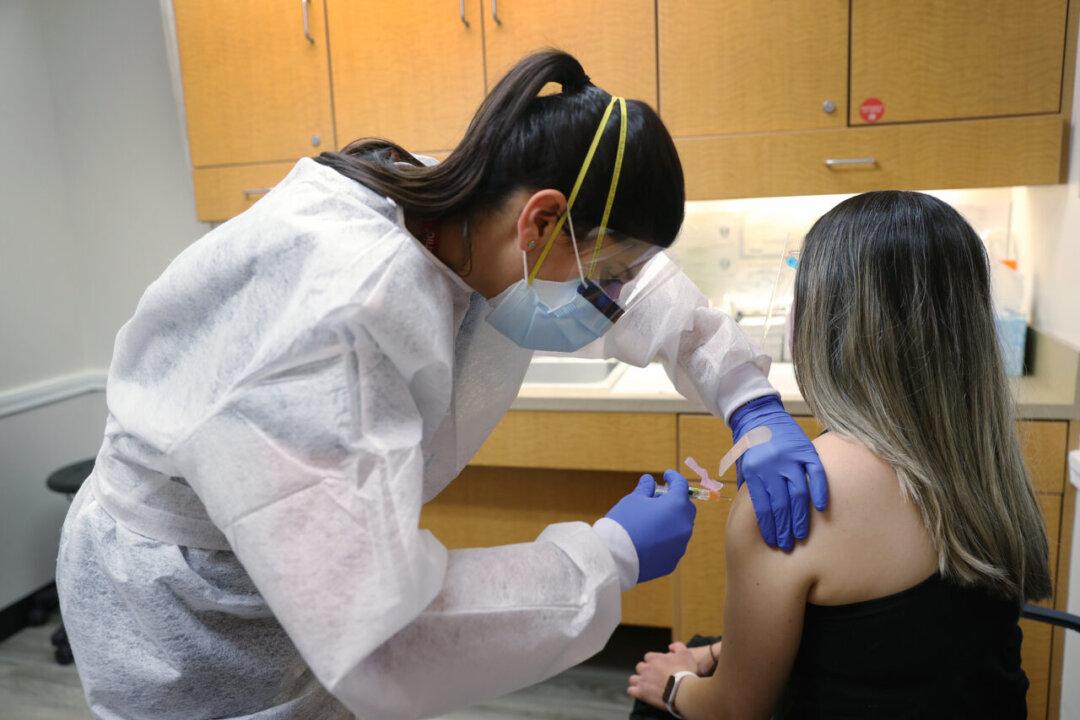WASHINGTON—Massive resources are being poured into the development of a fast-tracked vaccine for COVID-19 as the United States enters the tail end of an unprecedented shutdown.
President Donald Trump said that roughly $10 billion in taxpayer money is being pumped into vaccine development, as well as therapeutics. Currently, 45 clinical trials are being publicly funded.





